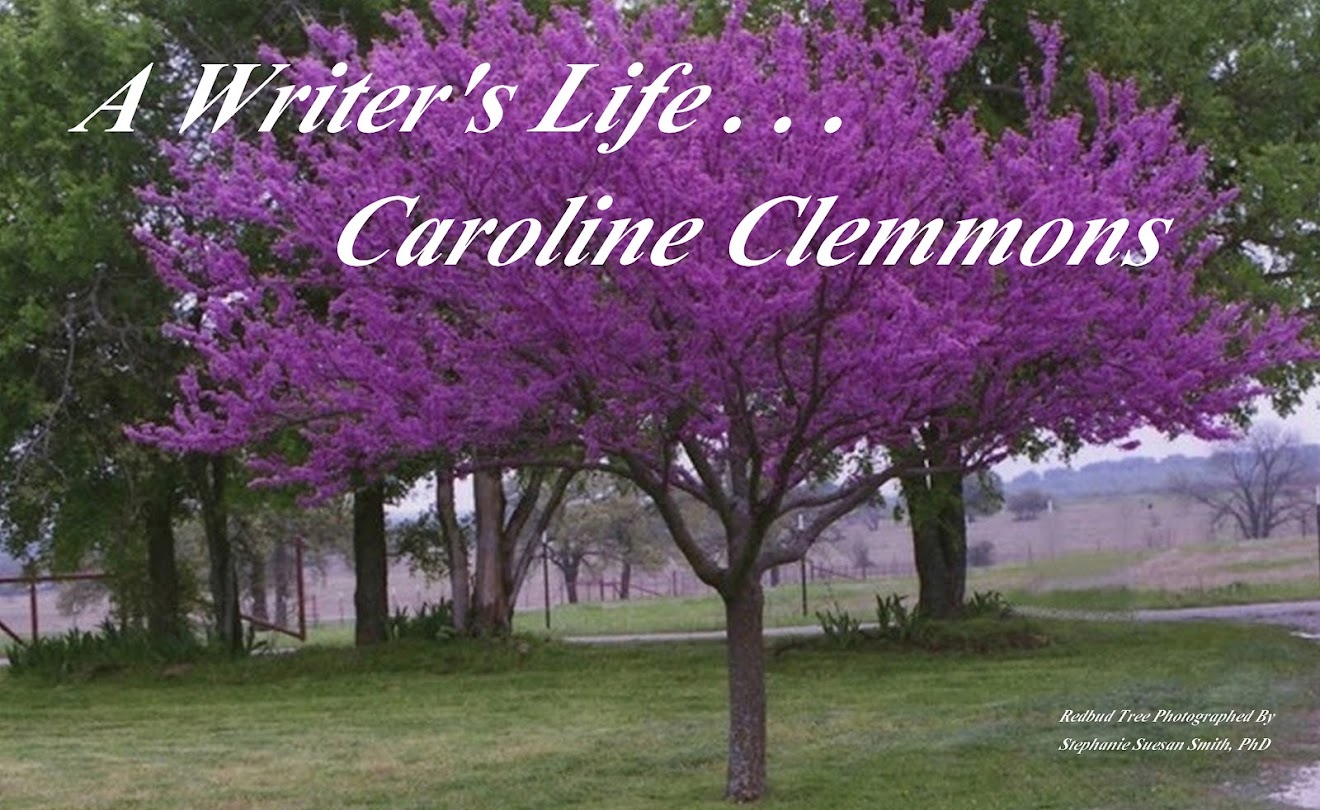I love using dialects and colloquialisms in my novels. My last two books have included Irish characters. Other books included Southerners and all my full-length novels include Texans with their unique colloquialisms and twang. But how much dialect or colloquialism is enough?
Thank you, I just knew you’d ask if I gave you a chance.
Flavoring a story with dialect is walking a fine line. Did you ever try to read the original UNCLE REMUS by Joel Harris? I’ll never forget the time I found an old copy at a used book store and decided to buy it for our daughters. They had loved the movie “Song of the South” with the perky little bluebird perched on Uncle Remus’ shoulder. They also loved the Disney book versions of “The Tar Baby” and “Br’er Rabbit and the Briar Patch.” Joel Harris—a white man who used dialect with NO regard to accuracy—wrote in such heavily-laden dialogue that it made my tongue tired before I’d finished the first page. We don’t want readers bearing that load—or putting down our books without finishing them!
When using a character who speaks with a foreign dialect, pick one or two words to use regularly for that person. For my Irish characters, I chose “me” instead of “my” and “o’” instead of “of.” In THE TEXAN’S IRISH BRIDE, I also used “tis” for “it is” in many places. In OUT OF THE BLUE, I used phrases and words common to Ireland. Gobsmacked is a word that tickles me, and I thank Glenys O’Connell for telling me about it. "Now wouldn't that be grand?" is another Irish phrase I like and used in THE TEXAN'S IRISH BRIDE.. Another, "Top o' the morning to you" and its answer, "And the rest o' the day to yourself" pleases me. In THE TEXAN’S IRISH BRIDE, some characters are Irish Travelers, and they speak a language called Sheldroo mixed with Gaelic and English. I sparingly inserted a few Sheldroo words for color. Since I didn’t want to be forced to include a glossary, I made the meaning clear—I hope.
Word order is different for non-American peoples. Each country has phrases we associated with their residents. Modifiers occur after nouns instead of before in most non-English languages. By using the word order of the country from which the character has come, you can accomplish the rhythm and flavor of the language without using foreign words or dialect. For instance, “Stand up” can be “Will you be standing?” from an Irishman. “The grand ballroom” might be “the ballroom grand” for a Spanish speaker. You can see how word order lets readers know this is not a person to whom English is a native language.
Even British English is often different from American English. This can lead to humor—and to misunderstandings. Several years ago at a Dallas business dinner, a smitten young Texas man told a lovley young woman visiting from England that she should stay in America. She answered that she would if she could get a good screw here. In England, a “screw” is a job. She had no idea why dead silence greeted her around the table. Imagine her embarrassment later when she learned her faux pas. An author might use slang terms to create difficult situations for his or her characters.
Those of the South and Southwest use many colloquialisms not heard elsewhere. We actually say gotta, gonna, fixin’ to, betcha, awl for oil, and other mispronunciations that many people think are affectations. Not so. I hear them every time I’m in a group. We have our own funny sayings, too. “There’s people buried in the cemetery that feel better ‘n I do today,” is one that makes me smile in spite of the speaker’s discomfort. None of us say the classic "Forgettaboutit" of the Northeast.
In summary, you can see that there are many ways to accomplish dialect and colloquialisms in your writing. Don’t overdo! A gentle hand is better than a liberal dose.
Please leave a comment to be entered in my weekly drawing for a PDF download of one of my books. A follow counts as a second entry. So does a “like” on Facebook or Twitter.





Getting the balance of dialect is such a fine line, and I love the way you chose just a few words to indicate it.
ReplyDelete'Gobsmacked' is not just local to Ireland :-) I was brought up in Scotland and loved that word! It has such 'punch'.
Do you do a lot of research to get the right balance of dialect for your books?
Sherry, thank you for commenting. Yes, I do a lot of research for the locales and the language. I hope I get the right balance for the dialect. As you said, the balance is a fine line.
ReplyDeleteI love the same thing you do, Caroline regarding dialect and unique language touches. I am told that my great great grandfather who fought in the civil war used to tell Uncle Remus stories to his grandchildren and did the voices, so those tales have been around for awhile.
ReplyDeleteI think I already new this, but it was good to have someone tell me nevertheless. No matter how well I "study" the craft of writing, sometimes I gotta (it's a pacific nw word too, not just Southern :) ) be reminded of the simple things...
ReplyDeleteThanks for commenting, C.B. Writing encompasses so many fine details that we all need little reminders occasionally.
ReplyDelete